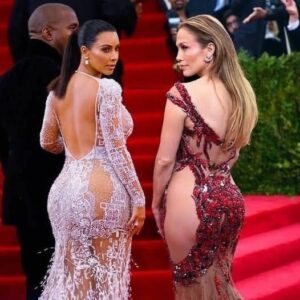In a blunt reality check for Democrats, veteran strategist James Carville has delivered a message that could reshape the party’s future: 2024 figures, including Vice President Kamala Harris, are finished as presidential contenders for 2028.
On his Politics War Room podcast, Carville dismissed fears of a Harris comeback. “Don’t be terrified,” he told a listener, adding that Harris won’t be a factor in the next primary. He praised her decision not to run for California governor but declared, “She will not be the nominee in 2028.” His reasoning: Democrats want to move on from anyone tied to 2024. This isn’t personal, he stressed, but “cold political calculation.”
Carville extended this to Harris’s running mate, Minnesota Governor Tim Walz: “I wouldn’t run again.” His comments signal more than advice—they reflect a party-wide purge of 2024 leadership and a demand for fresh faces.
Carville’s co-host Al Hunt echoed the sentiment toward Joe Biden: “Joe Biden, would you please go take the restful retirement you so richly deserve?” The push for generational change underscores a deeper tension: should past leaders remain visible, or step aside for new voices?
Meanwhile, the 2028 field is already forming. Former Transportation Secretary Pete Buttigieg is building influence through digital outreach, targeting audiences beyond traditional Democratic channels. “I’m using my voice best I can in traditional and new media,” he told the Washington Examiner, signaling adaptability to the evolving media landscape.
California Governor Gavin Newsom also looms large, leveraging executive experience and progressive credentials—though his national appeal remains untested. In contrast, Maryland Governor Wes Moore has ruled out a 2028 run entirely, betting that focusing on governing now may strengthen his long-term prospects.
Carville’s remarks highlight broader shifts: fundraising networks tied to 2024 may lose relevance, digital engagement will dominate, and candidates must reach beyond traditional Democratic bases. The party appears poised for generational renewal, prioritizing innovative strategies over established figures.
For Harris, Walz, and others, the verdict is harsh but clear: the 2024 chapter is closed. For emerging leaders like Buttigieg and Newsom, it’s an opening. The Democratic Party is turning the page—and 2028 will be written by new protagonists.





